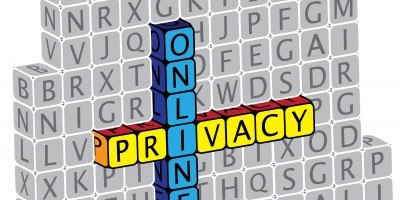The supply curve for personal data
In the TED talk, ‘What physics taught me about marketing’, Dan Cobley, a marketing director at Google, speaks about the Heisenberg Uncertainty principle. In a nutshell, this means that it’s impossible to exactly measure the position and momentum of a particle, because the act of measuring changes them. Dan’s “marketing takeaway” from this was that we should measure what consumers actua... »











